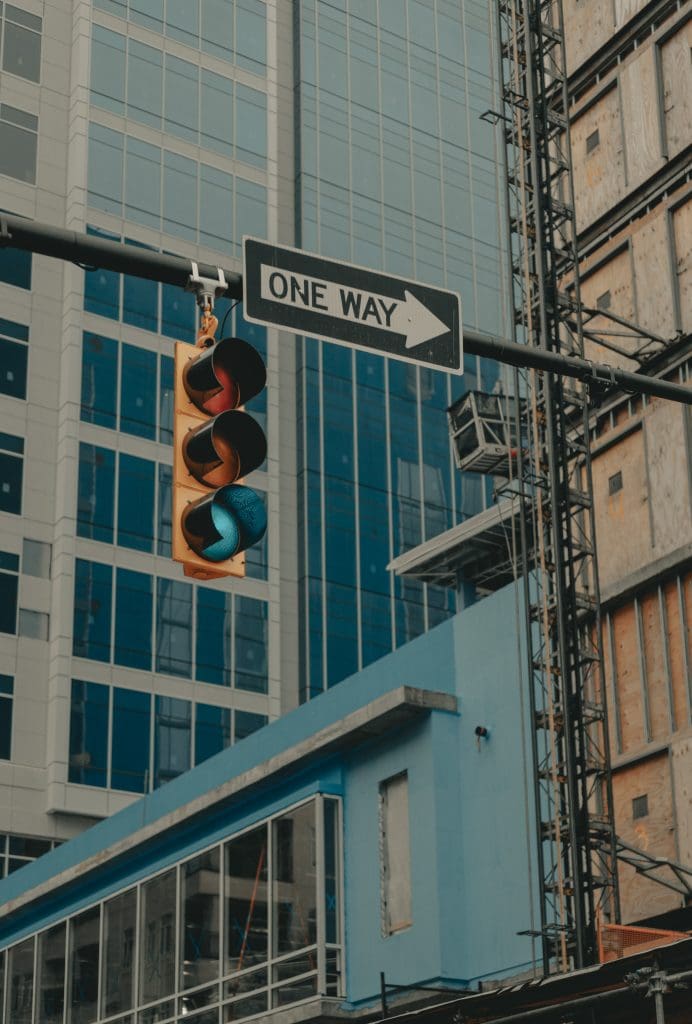Condominium associations in Chicago are primarily regulated by state law, specifically the Illinois Condominium Property Act (ICPA). This act governs the creation, management and dissolution of condominiums in Chicago and throughout Illinois.
In addition to governance by state laws, association bylaws and other condo governing documents also enforce HOA policies. Below are some important things to know about various organizations that regulate condo associations in Chicago.
- The Illinois Condominium Property Act: The ICPA is the primary legal framework that governs condominium associations in Chicago. It outlines the rights and responsibilities of condo owners, unit sellers and condo associations. It also provides guidelines for how condo properties should be managed and operated. The Illinois Department of Financial and Professional Regulation (IDFPR) publishes its Condo Unit Owner’s Rights and Responsiblites Handbook, which specifies further details regarding the rules and rights of condo owners.
- Local laws and regulations: In addition to state laws, condo associations in Chicago must comply with local ordinances and regulations. These can include zoning regulations, building codes and other municipal laws that govern property use and management.
- Condo association bylaws and declarations: Each condo association creates its own set of bylaws and declarations, which outline specific rules and regulations for the community. These documents are legally binding for all unit owners and provide details about issues such as assessments, common area usage, board elections and dispute resolution processes.
- Local government agencies: Condo associations must also adhere to local property tax regulations and work with local government agencies such as the Cook County Assessor’s Office regarding property assessments and taxation.
To learn more about condo association rules and regulations in Chicago, contact us at First Community Management. We manage more than 115 condominium, townhome and homeowner associations in the greater Chicago area and are highly familiar with Illinois condo laws and regulations.
